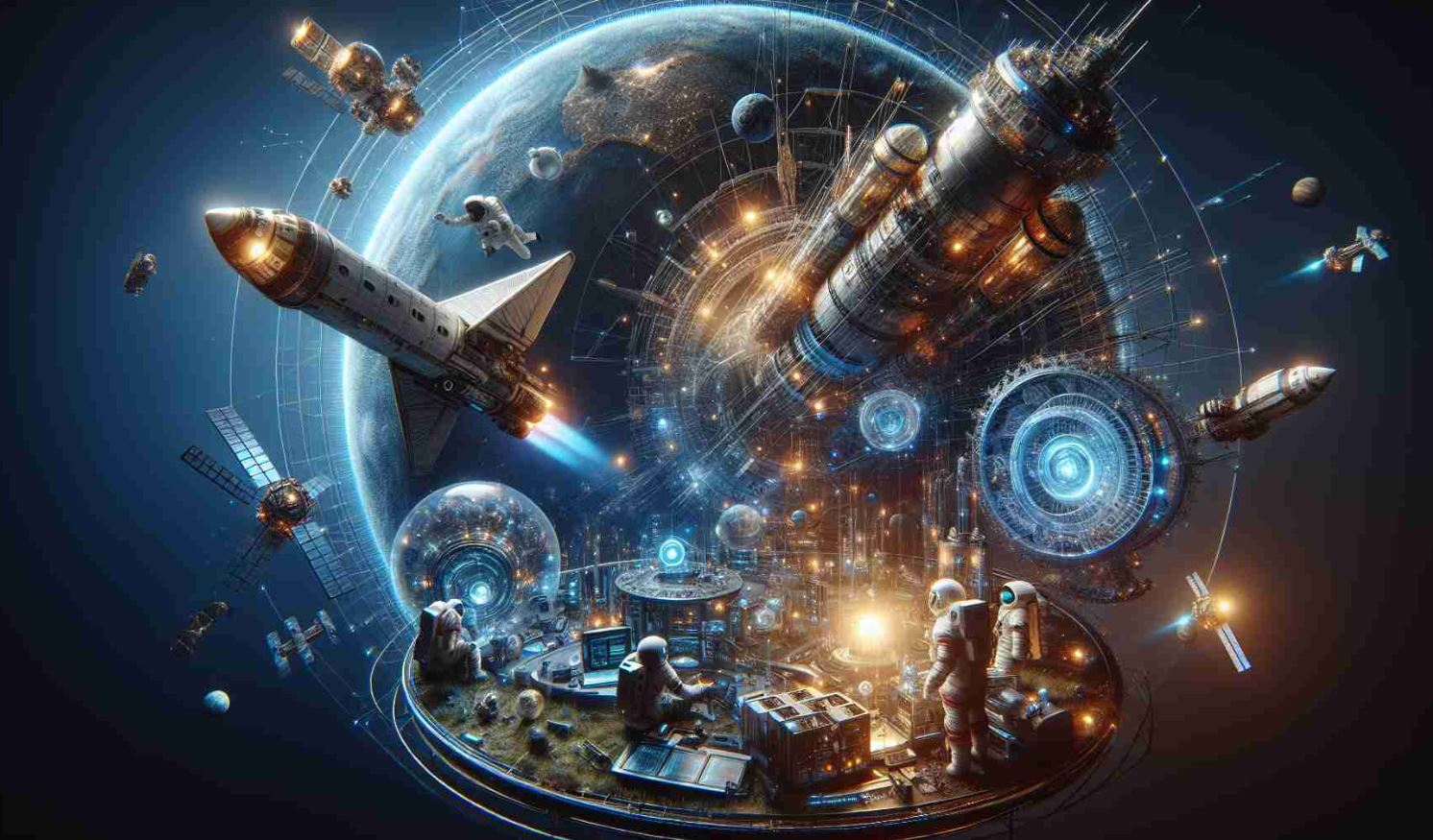 Remember when artificial intelligence in space was just a sci-fi dream? Well, it’s not just a fantasy anymore. Thanks to technological leaps, the vision of AI guiding us through the cosmos, much like Stanley Kubrick imagined, is becoming real. We’re seeing intelligent machines take on a bigger role in space exploration, and it’s pretty exciting.
Remember when artificial intelligence in space was just a sci-fi dream? Well, it’s not just a fantasy anymore. Thanks to technological leaps, the vision of AI guiding us through the cosmos, much like Stanley Kubrick imagined, is becoming real. We’re seeing intelligent machines take on a bigger role in space exploration, and it’s pretty exciting.
AI’s involvement in space is growing fast. From systems that navigate autonomously to tools that analyze data, these technologies are changing how we explore the universe. Nowadays, AI helps manage spacecraft systems, sift through mountains of astronomical data, and even lend astronauts a hand during missions.
Recent missions have shown just what AI-driven tech can do. Take AI algorithms, for instance—they’re processing data from telescopes and satellites, picking out patterns and anomalies much quicker than we could. This not only speeds up discoveries but deepens our understanding of the universe.
Plus, AI is a game-changer when it comes to handling the massive amounts of data modern space missions generate. By automating data analysis, AI frees up scientists to focus on interpreting results and planning what comes next. As missions get more complex and data-heavy, this capability is crucial.
Looking ahead, AI in space exploration could unlock new possibilities. With ongoing advancements, AI might help us discover new planets, understand cosmic phenomena, or even set up human colonies on other worlds. The idea of AI-assisted space travel is moving from fiction to reality, reshaping how we explore the universe.








